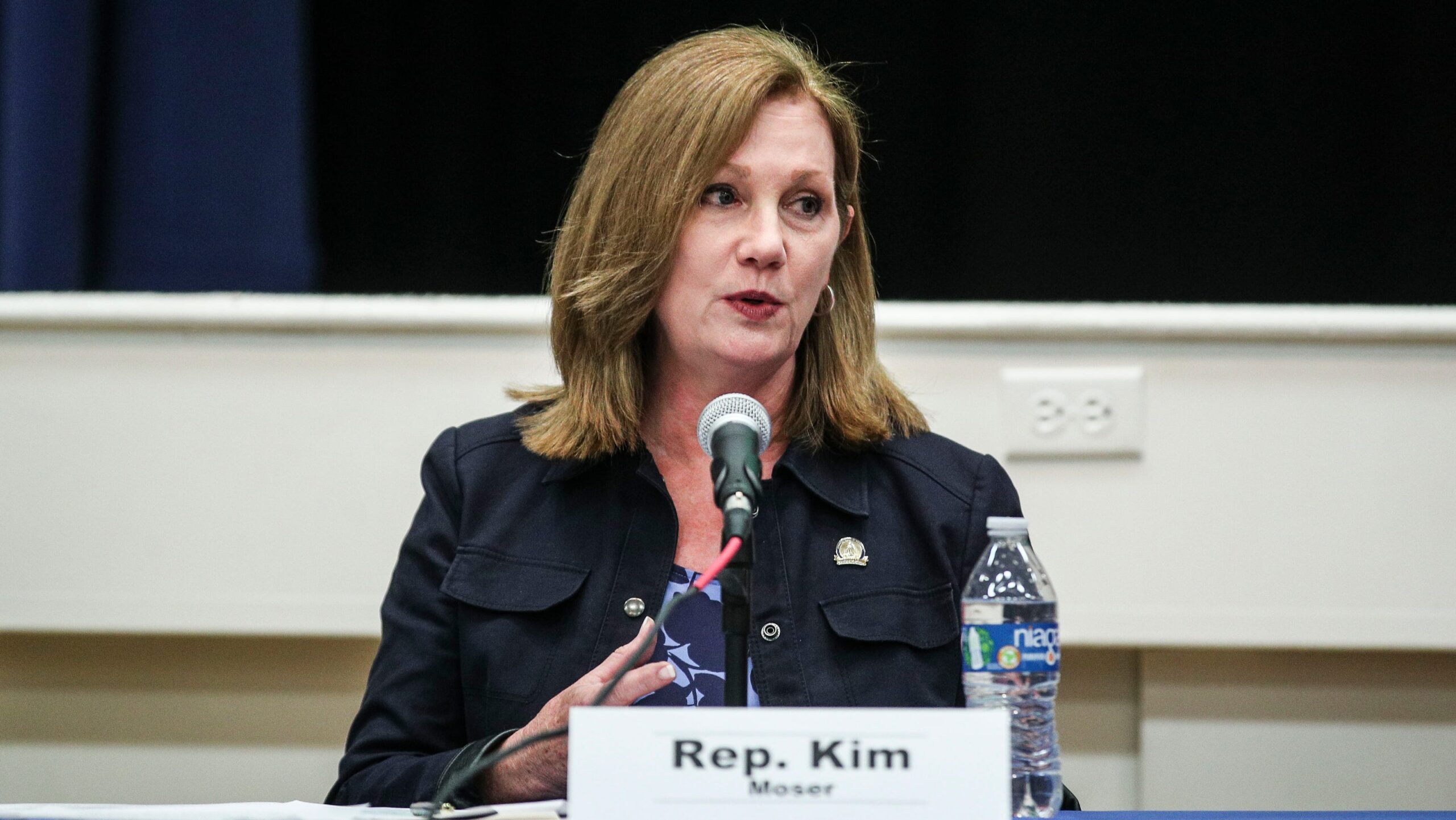Lawmakers in Kentucky have removed funding that keeps people dealing with mental illness out of jail. Funding for mental health programs such as Assisted Outpatient Treatment (AOT) was cut from the current Kentucky House budget.
Many people who are facing severe mental illness become stuck in a cycle of constantly moving between the hospital, jail or life on the streets. AOT is a program that specializes in helping these individuals find stability and a healthier way of life through the practice of community-oriented mental health treatment under civil court commitment. This type of program allows individuals struggling with mental illness to recover as an alternative to being incarcerated, where they are unlikely to have access to the help they need.
Concerns for lack of funding were expressed at the annual “Spirit of Peace” dinner, a banquet hosted by the National Alliance on Mental Health in Louisville, a group dedicated to supporting families and individuals affected by mental illness.
A former AOT patient, Dawn Hall, says the program “definitely saved my life.” Hall was diagnosed with bipolar disorder at age 16 and was in and out of jail for the 20 years following. Medication helped, but only when taken consistently. Hall explained, “A few times in my life I have decided, ‘Oh I don’t need that, I’m okay,’ but every time I have decided to do that, I have come off it and ended up in the hospital or jail.” Bipolar disorder caused numerous problems in her life, such as crashing both her parents’ cars, various traffic violations and minor criminal charges. She was put into treatment programs, spent time in jail and spent three months in the Kentucky Correctional Psychiatric Hospital. AOT helped Hall find the proper medication, counseling and resources, allowing her to be healthy again. She is now advocating for the continued support of such programs.
Judge Stephanie Burke of Louisville says that Hall is not alone, and there are many stories like hers. Burke created the first program in Kentucky to offer court-ordered assisted outpatient treatment and currently runs a mental health docket in Louisville. She is worried the removal of budget funding for programs such as outpatient treatment will only harm vulnerable individuals. “We need to stop the senseless over-incarceration of the mentally ill in our community,” she says. “Unfortunately, because of the lack of other options for these individuals, they often end up in jail, and that’s not the appropriate place for them.” Burke and Hall are two of many who urge the Senate to restore funding to AOT.


